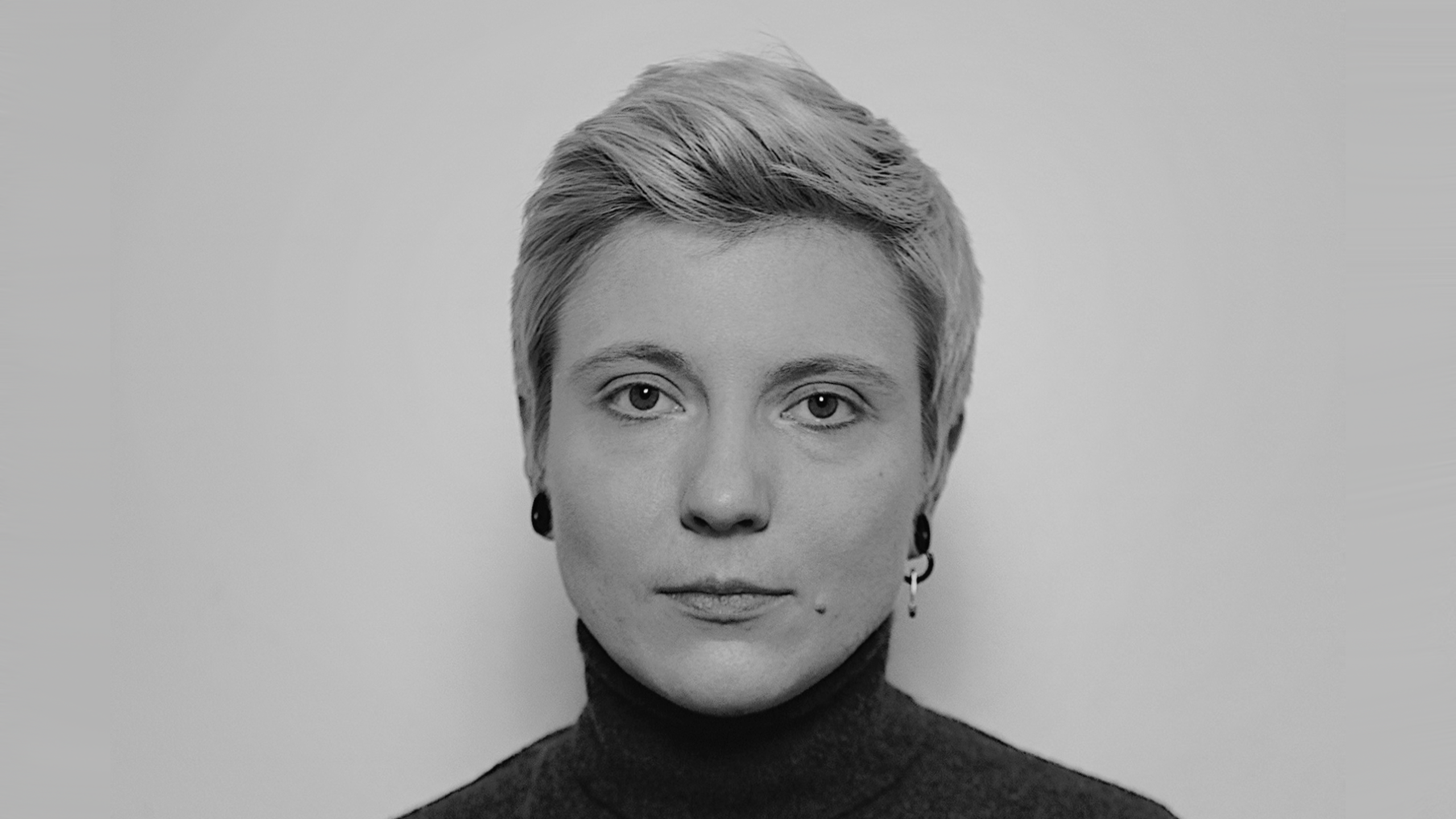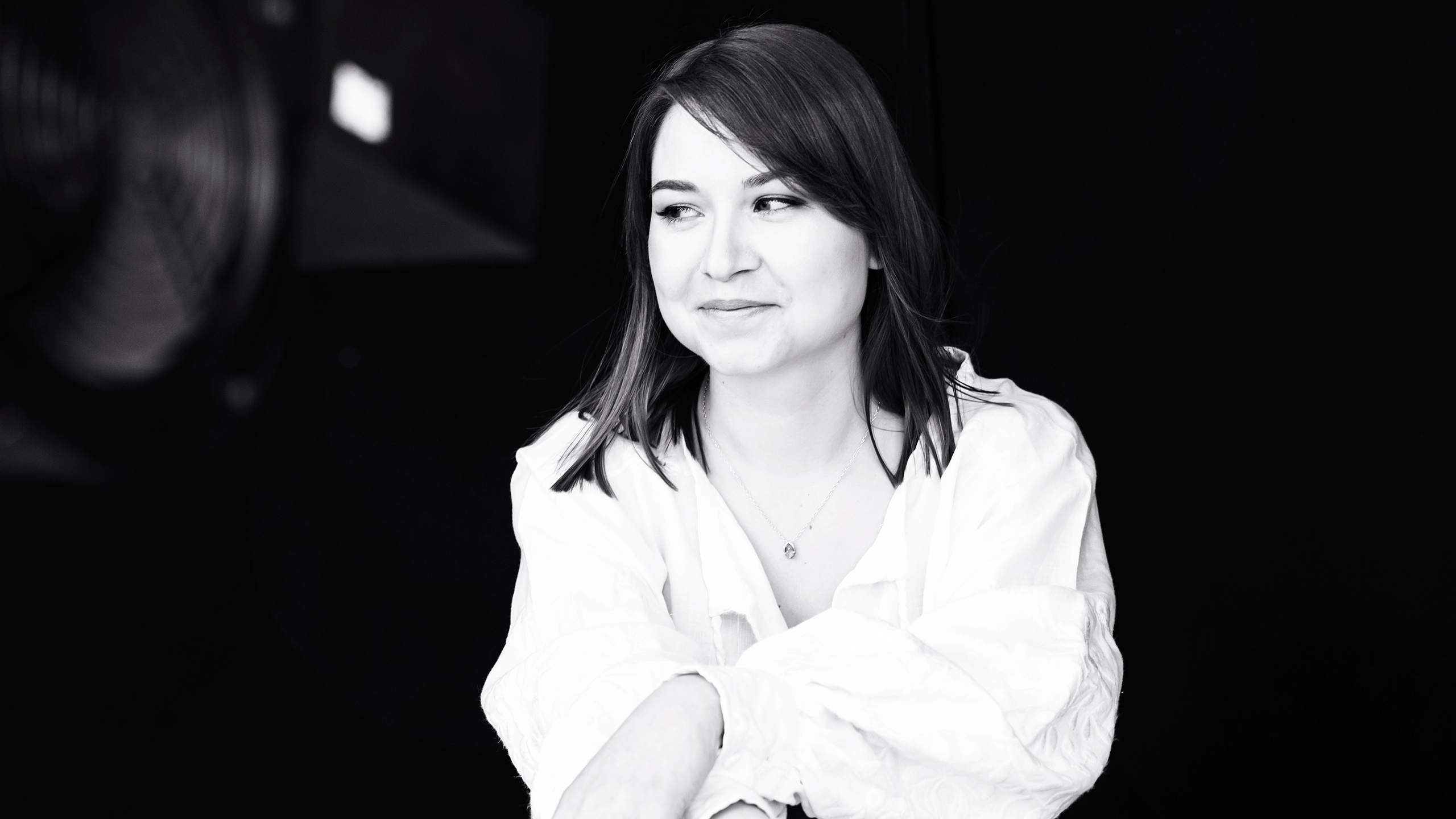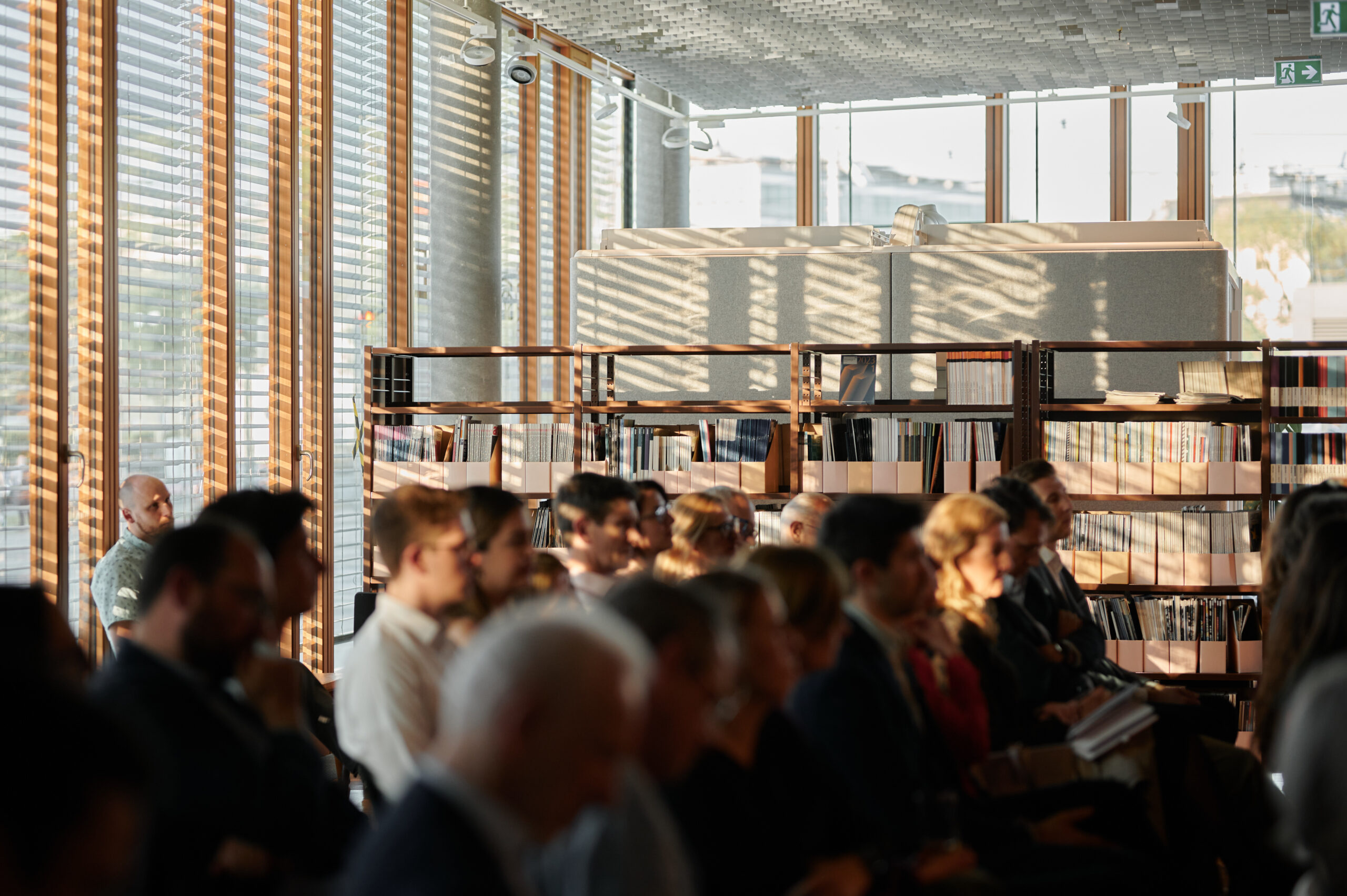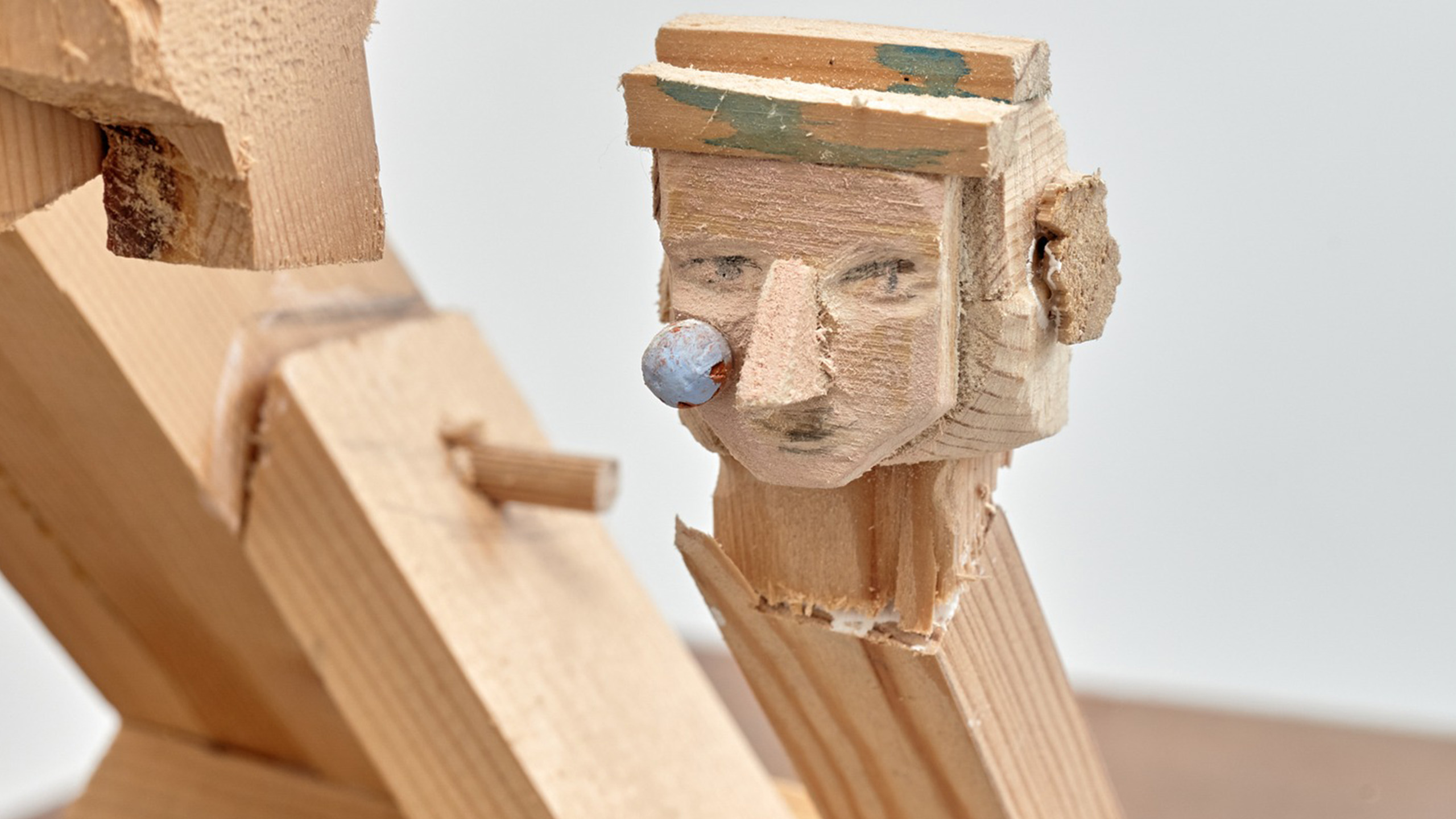tranzit.org
Lesezeit: 2'
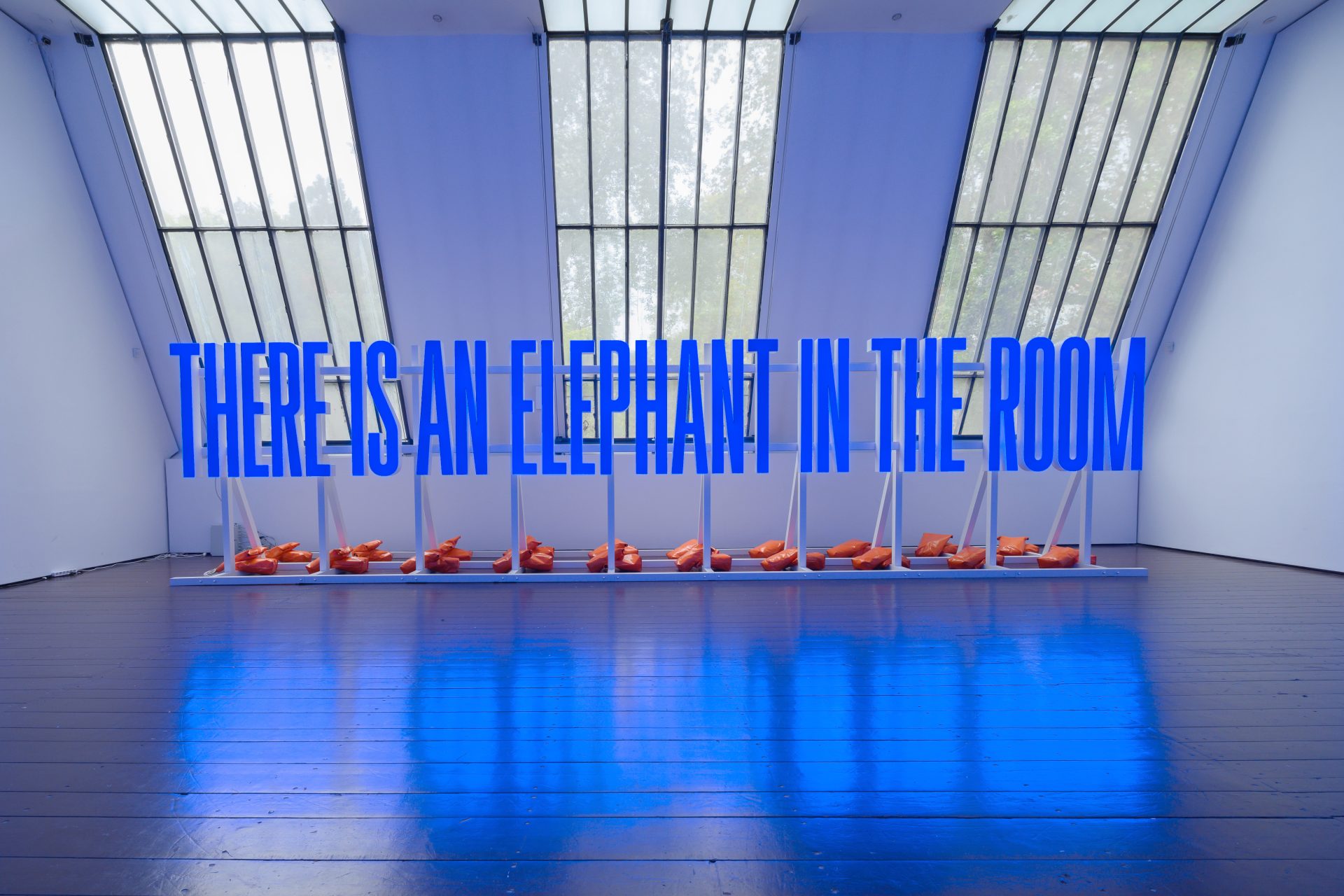
tranzit.org
tranzit.org ist eine kollaborative Initiative unabhängiger Vereinigungen für zeitgenössische Kunst in Österreich, der Tschechischen Republik, Ungarn, der Slowakei und Rumänien.
Das Netzwerk tranzit.org wurde 2002 gegründet. Es unterstützt emanzipatorische Praktiken und Verbindungen zwischen Kultur und Gesellschaft und hinterfragt die Erzählungen der europäischen Nachkriegskunst. Jede tranzit-Organisation arbeitet autonom.
tranzit konzentriert sich auf die Unterstützung emanzipatorischer Praktiken und die Herstellung von Verbindungen zwischen Kultur und Gesellschaft, indem es geografische, politische und Generationsgrenzen überschreitet.
Jede tranzit-Organisation bietet Räume, in denen Künstler:innen frei und unabhängig arbeiten können, und fördert gegenseitiges Verständnis und grenzüberschreitenden Dialog. In einem Europa, das von Nationalismus und (sozioökonomischer) Ungleichheit geprägt ist, spielt tranzit eine entscheidende Rolle bei der Bereitstellung geschützter Räume für kritische Auseinandersetzungen mit zeitgenössischen gesellschaftlichen Phänomenen.
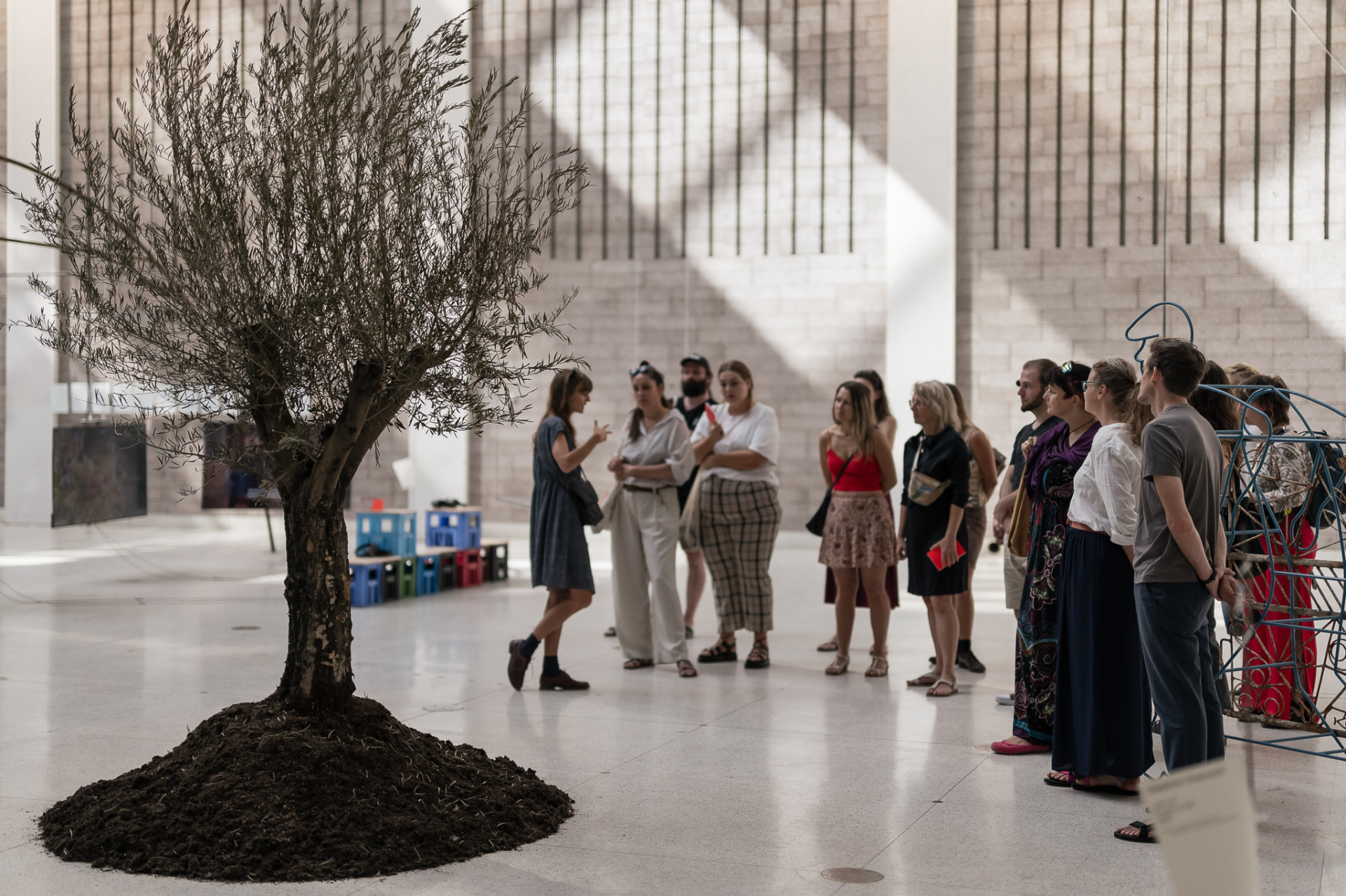
In jedem Land arbeitet tranzit autonom im lokalen Kontext und nutzt verschiedene Formate und Methoden wie Ausstellungen, thematische Projekte, Seminare, Publikationen und partizipative Interventionen. tranzit verpflichtet sich zu einem offenen Dialog und Inklusion. tranzit hilft uns, Debatten über die Dringlichkeiten der heutigen Zeit zu kontextualisieren, zu generieren oder zu moderieren. Wir laden Sie ein, mit uns und tranzit zukunftsorientierte Alternativen zu gesellschaftlichen Problemen durch die Linse der zeitgenössischen Kunst zu erkunden.
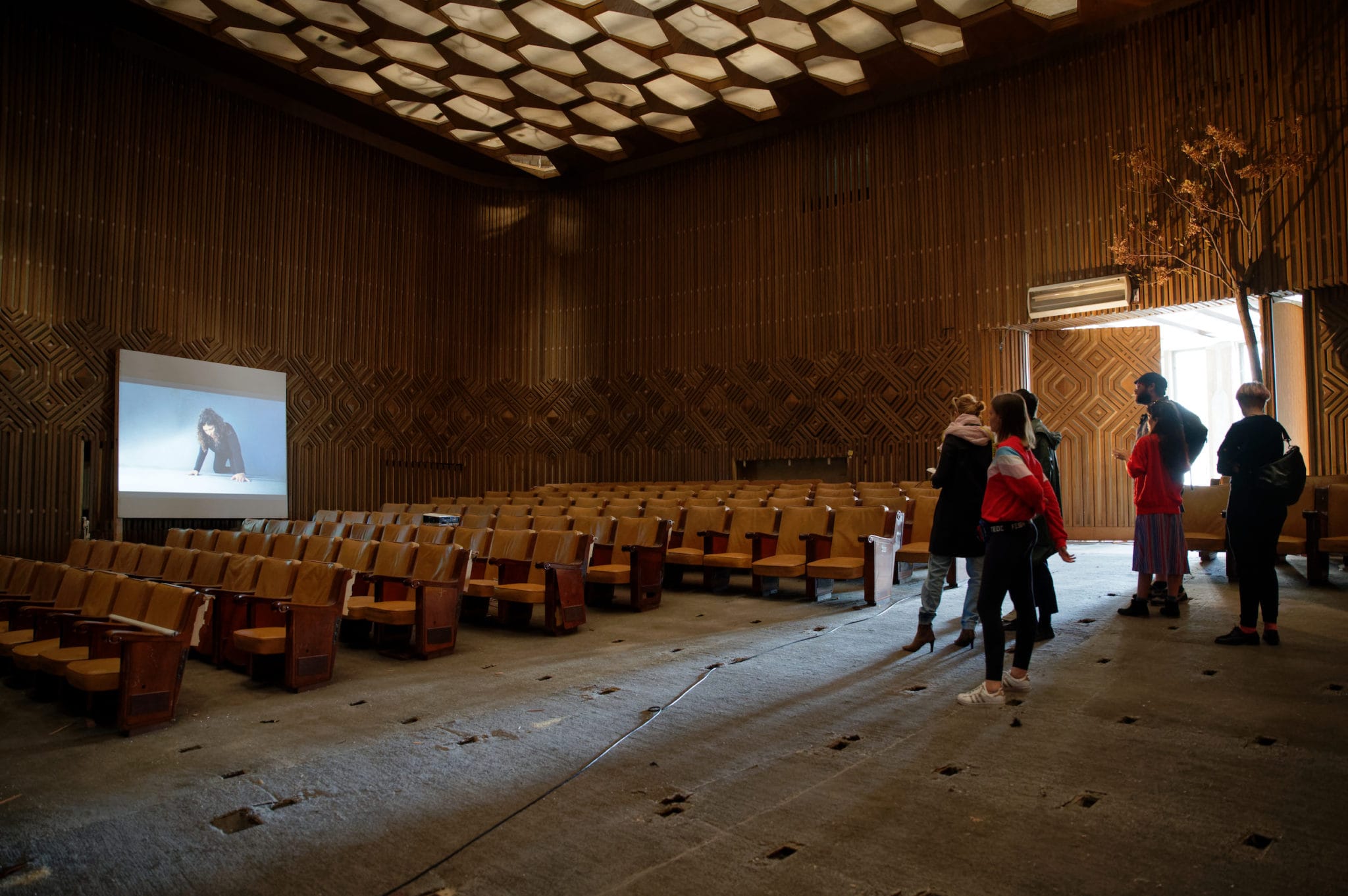
Partner
tranzit.at (Wien), tranzit.cz (Prag), tranzit.hu (Budaptest), tranzit.sk (Bratislava), Asociaţia tranzit.ro (Bukarest – Cluj-Napoca – Iași)
Jedes Jahr von Februar bis November bietet tranzit, gemeinsam mit der Igor Zabel Association for Culture and Theory, Kontakt Sammlung/WHW Akademija und der ERSTE Stiftung ein Artist-in-Residence-Programm im Wiener MuseumsQuartier an.
In Zusammenarbeit mit tranzit.cz, tranzit.hu, tranzit.ro, tranzit.sk und der Igor Zabel Association for Culture and Theory bietet die ERSTE Stiftung fünf Stipendien für junge Künstler:innen und fünf Stipendien für Nachwuchskurator:innen aus Rumänien, Slowakei, Slowenien, Tschechien und Ungarn an, die an einem Kurs ihrer Wahl an der Internationalen Sommerakademie für Bildende Kunst Salzburg teilnehmen können.
Titelbild: Superflex, »There is an Elephant in the Room«, 2019, LED-Leuchten, Plexiglas, Aluminium-Buchstaben, aus der Hauptausstellung der Kyiv Biennale 2023 im Augarten Contemporary, ausgerichtet von tranzit.at in Zusammenarbeit mit dem VCRC und tranzit.org, 17. Oktober–17. Dezember 2023, Wien. Foto: eSeL.at – Joanna Pianka.
